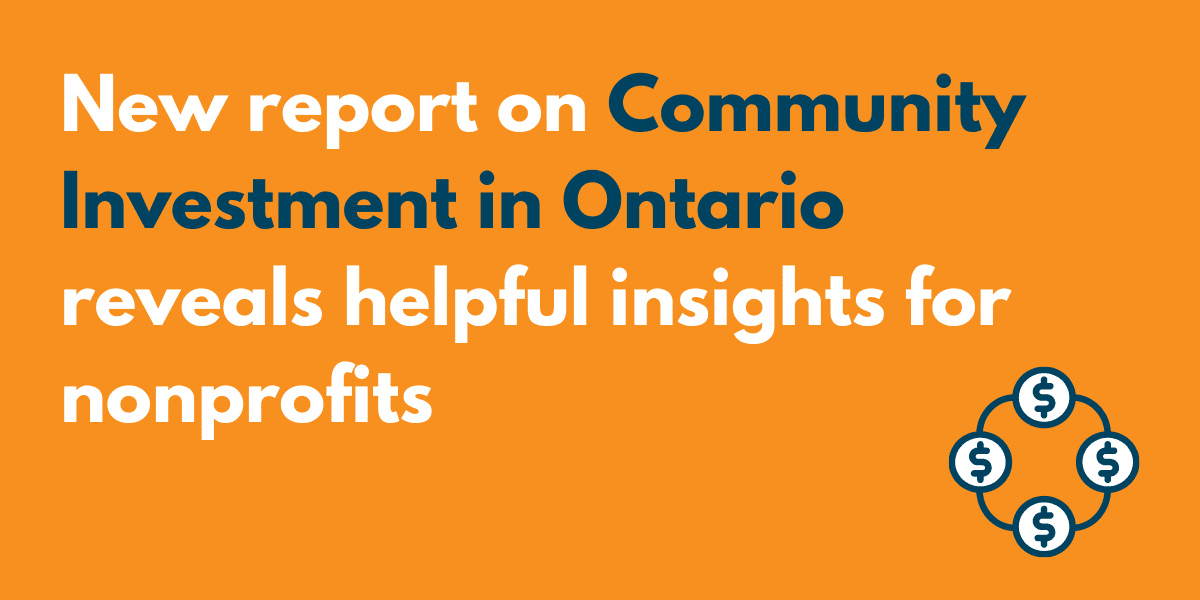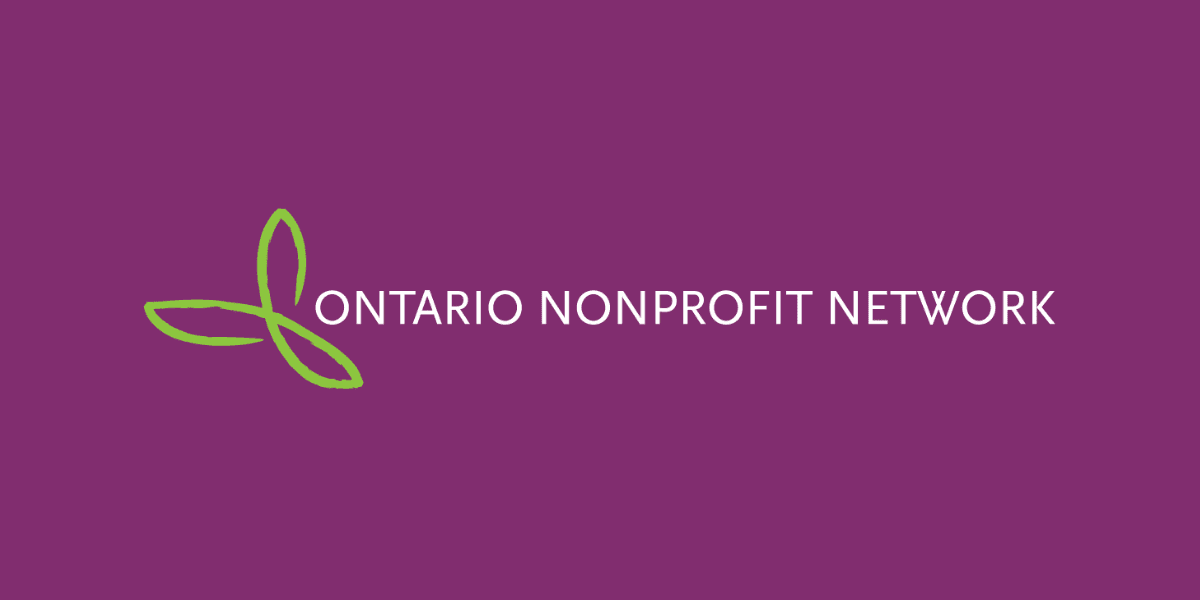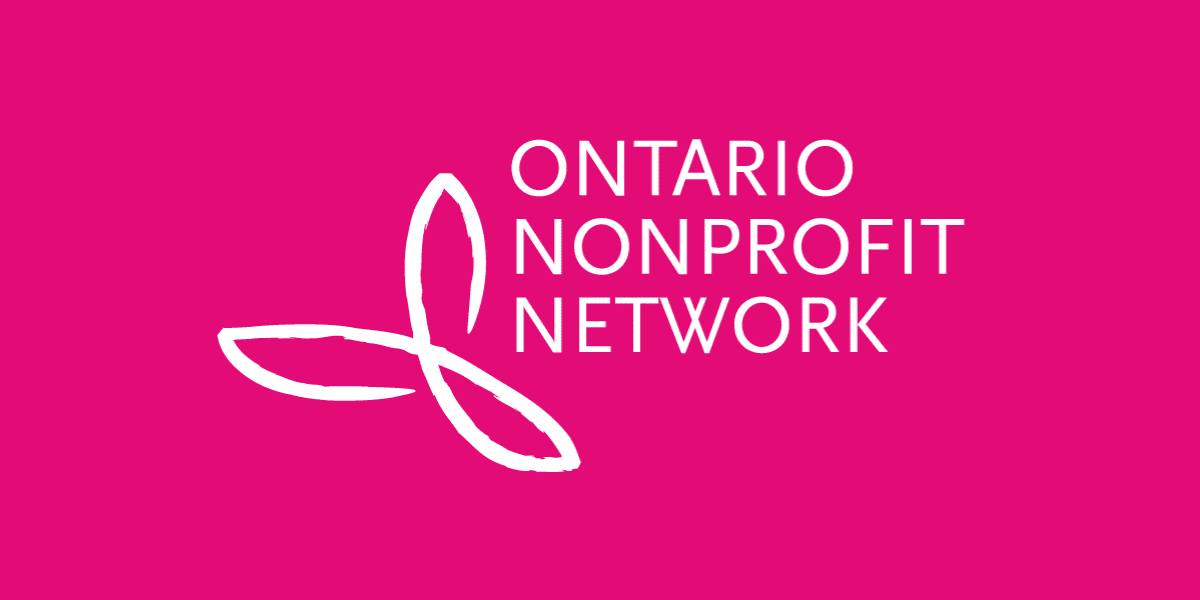Nonprofit sustainability
Time for new sustainability models to help nonprofits and communities thrive
Nonprofits make communities vibrant, provide essential services people need, and facilitate social interaction, opportunities for belonging, and civic engagement. As service providers, employers, stewards of land, and other assets, purchasers of goods and services, we can help keep the wealth generated by communities circling in the local economy so it can serve local needs instead of being extracted for shareholder profits.
Many nonprofits led-by, focusing-on, and/or serving equity-deserving communities have to continuously make the case for any investment to begin with. Our financial landscape has significantly changed over the years and our sustainability models need to as well, especially so we can future-proof our organizations and sector to continue to meet the needs of Ontarians.
Public policy that reforms the sector’s funding relationship with government, enables access to social finance, channels unclaimed wealth into the sector, and prepares the sector for emergencies can enable significant improvements to nonprofit’s sustainability models.
Key areas of focus for advancing nonprofit sustainability
The magnitude and public benefit nature of our work necessitates we have financial stability with adequate investments that allow us to focus on our missions rather than on chasing project-based grants.
We advocate for:
Reformed funding relationship with government that prioritizes stable, long-term, and flexible operational funding that reflects the true cost of delivering services and programs, reduces administrative burdens associated with transfer payment agreements (TPAs), and enables a coordinated approach for nonprofits to negotiate TPAs.
Nonprofit access to Canada’s Social Finance Fund, organizations that address the unique financing needs of equity-deserving communities are prioritized in fund administration, and the implementation of the Social Innovation/Social Finance Strategy.
Unclaimed wealth under provincial jurisdiction (e.g. court funds, unclaimed wages, prepaid fees and deposits) to be reinvested in communities.
Emergency preparation and response planning that prioritizes nonprofit partnerships with government in emergency strategizing, decision-making and communication strategies, and other mass initiatives related to disasters and crises.
Ways nonprofits can take action to advance decent work
- Connect with us if you are working on a nonprofit sustainability policy issue or if one in this focus area bubbles up for you and your networks. Put it in on our radar to engage in potential collective advocacy efforts.
- Out latest briefing note on transfer payment agreements – Building on Ontario’s transfer payment directives and policies for more effective service delivery
- Learn how to fund Decent Work
- Check out our Income Tax Act proposal to enable financial sustainability.
- Explore Canada’s Social Finance Fund and Social Innovation/Social Finance Strategy through this Q&A resource.
- Access our COVID-19 pandemic resources







